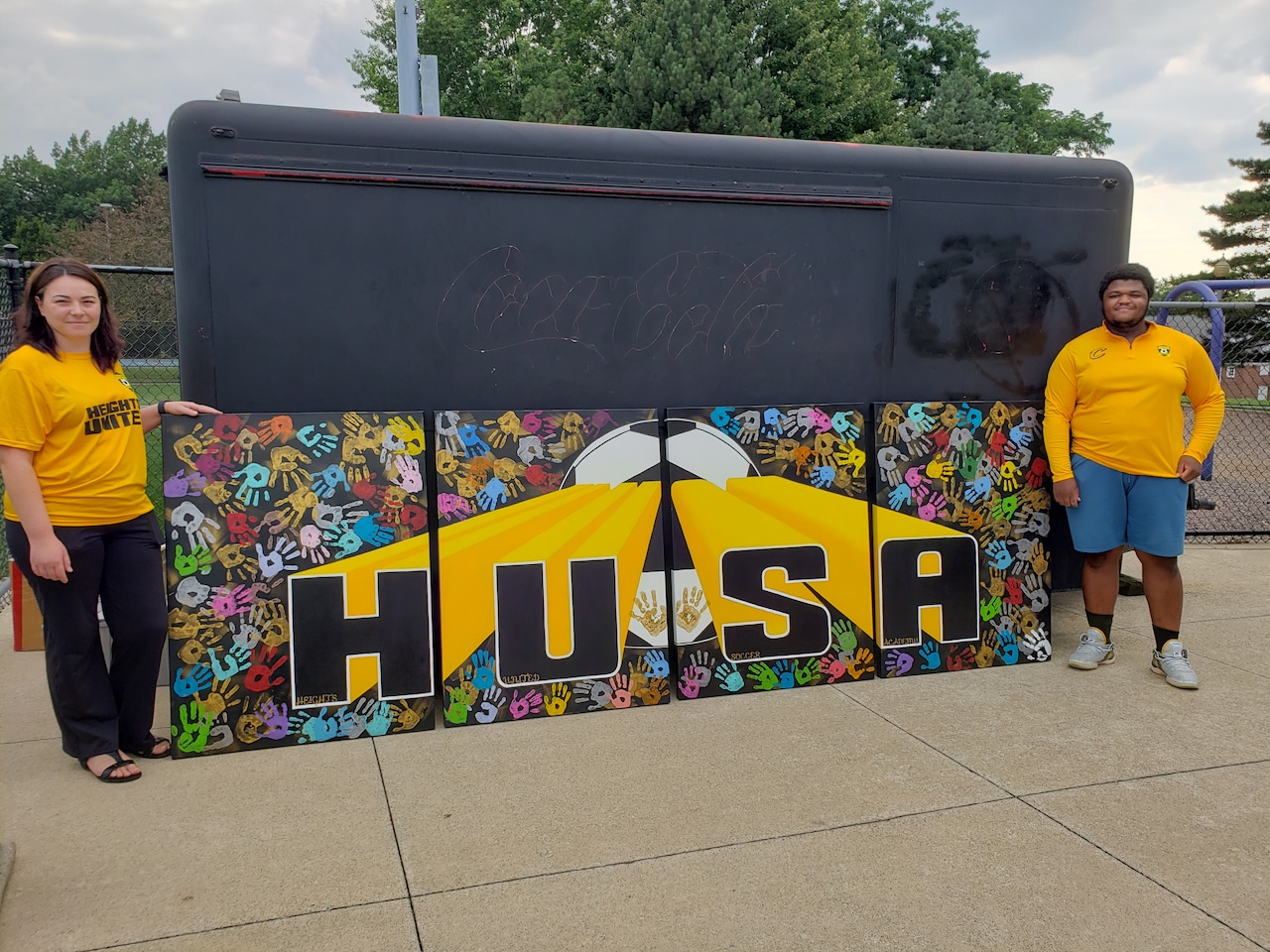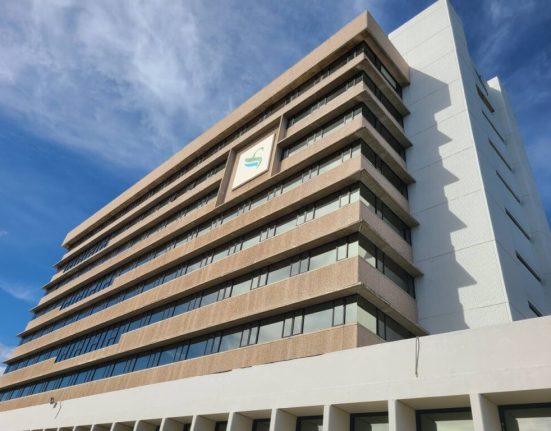CLEVELAND HEIGHTS, Ohio — On the heels of two more arrests last week by U.S. Immigration and Customs Enforcement (ICE) agents in the Coventry neighborhood, a local advocacy group has asked City Council Monday for some help.
The majority of the 30 people signed up for public comment Monday (Aug. 18) spoke on behalf of Cleveland Heights for Immigrant Rights, seeking up to $200,000 for defense attorneys to fight deportation proceedings.
As it stands now, those detained by the U.S. Department of Homeland Security have no right to legal counsel in federal immigration court, with no public defender program available for them.
That in essence is what Cleveland Heights resident and Ohio Immigrant Alliance executive director Lynn Tramonte sought from council Monday.
Tramonte and numerous other speakers noted that asylum seekers are 10 times more likely to win their cases if they show up in court with a lawyer.
But asylum cases cost an average of $10,000 to $20,000 in what Tramonte called a “life and death matter” for refugees.
“You could be sent back to a place that tortured you or killed your family, leading to more unimaginable horrors,” Tramonte said. “The stakes are so high.”
With that in mind, Tramonte sees an opportunity for Cleveland Heights to distinguish itself from other Ohio cities, with Columbus currently the only community providing what amounts to a deportation legal defense fund.
While out advising business owners of their rights in the wake of the Jan. 26 ICE raid on Cilantro Taqueria where six men were taken into custody, “residents say they wish they could do more.
“But this is something we can do.”
While Cleveland Heights does not have a huge immigrant base, it has been increasing, Tramonte added.
The requested funding could provide over $13,000 apiece for up to 15 cases. Tramonte recommends establishing a pilot program and refining it from there.
Council Vice President Davida Russell asked whether Legal Aid or Catholic charities continue to assist.
With Cleveland having the only federal immigration court in the state, neither agency is taking any new cases.
Nor is there a waiting list, although Legal Aid may reconsider in September.
Asked about public-private partnerships, Tramonte pointed to the Advocates for Basic Legal Equality (ABLE), a nonprofit regional law firm based in Toledo that has been assisting farmworkers and others for over 50 years.
Councilwoman Gail Larson, who chairs the Finance Committee, said she planned to “put in the necessary work to vet the legislation.”
Council President Tony Cuda asked Tramonte if there was any federal backlash for cities that help immigrants.
Tramonte said the feds really don’t have the capability to monitor local response that closely, at least at this point.
Councilman Anthony Mattox Jr., vice chair of the Finance Committee, thanked everyone in the audience who waited on council to start its meeting an hour late so they could speak.
Mattox also supported the proposal, saying “fear of (federal) retribution is no excuse — we need to speak for those who can’t speak for themselves.”
During the preceding Committee-of-the-Whole meeting, Russell also suggested that two immigrants in attendance not give their names, since the meetings are taped and could be viewed by ICE agents.
Jeannine Gury urged council to look beyond “imaginary threats of funding being pulled.”
Council’s focus for now will remain strictly on the legal representation aspect, the first tenet in an eight-point “Bill of Rights” proposed for immigrants and refugees in Cleveland Heights.
Those other points include:
— Inclusion and protected status for non-residents
— Rigorous protection under the Constitution’s Fourth Amendment safeguarding against unreasonable search and seizure
— Purposeful city coordination with the community, including the Cleveland Heights-University Heights School District
— Eliminating enforcement of “lower-level, non-violent infractions” that immigration prosecutors can use in deportation proceedings
— Local police refraining from doing the work of ICE, which resident James Hickner noted has its own $27 billion budget
— Requiring law enforcement officers – including ICE agents – to identify themselves
— “Letting immigrants know they are protected in Cleveland Heights,” Hickner added.
Residents said Monday that ICE agents had yet to release any additional information about the two individuals taken into custody Aug. 14 at a residence on Hampshire Road.
“This is not about some nebulous ideal,” resident Tom James said. “Peoples’ lives are being destroyed and it’s past time to take action.”
Mia Brady said Ohio has seen a 200 percent increase in ICE arrests under the Trump administration.
“You have the power to make Cleveland Heights a beacon of light in this country by setting an example.”
Read more from the Sun Press.
If you purchase a product or register for an account through a link on our site, we may receive compensation. By using this site, you consent to our User Agreement and agree that your clicks, interactions, and personal information may be collected, recorded, and/or stored by us and social media and other third-party partners in accordance with our Privacy Policy.







